ULAB Physics and Astronomy
-
About
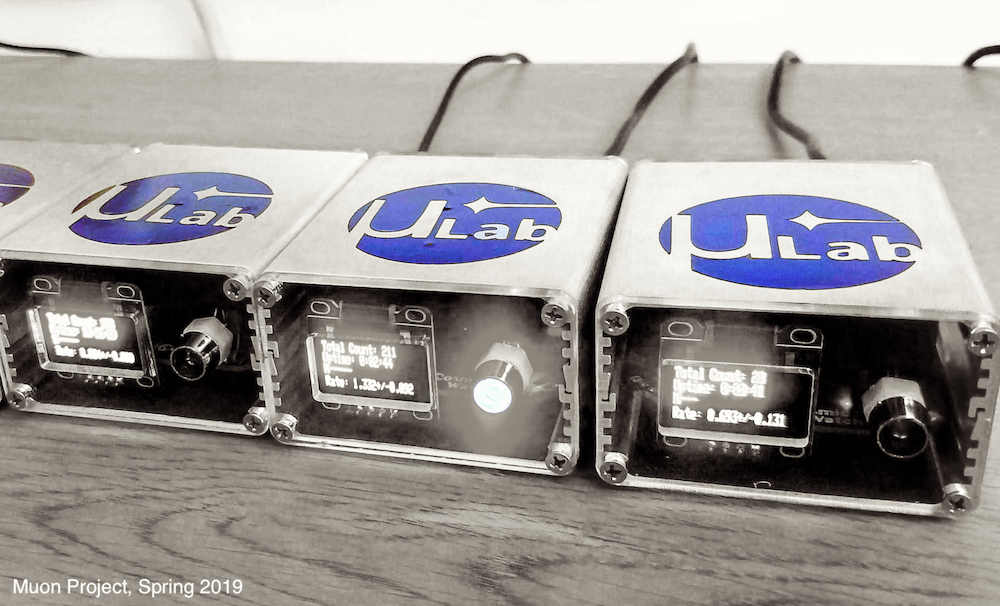

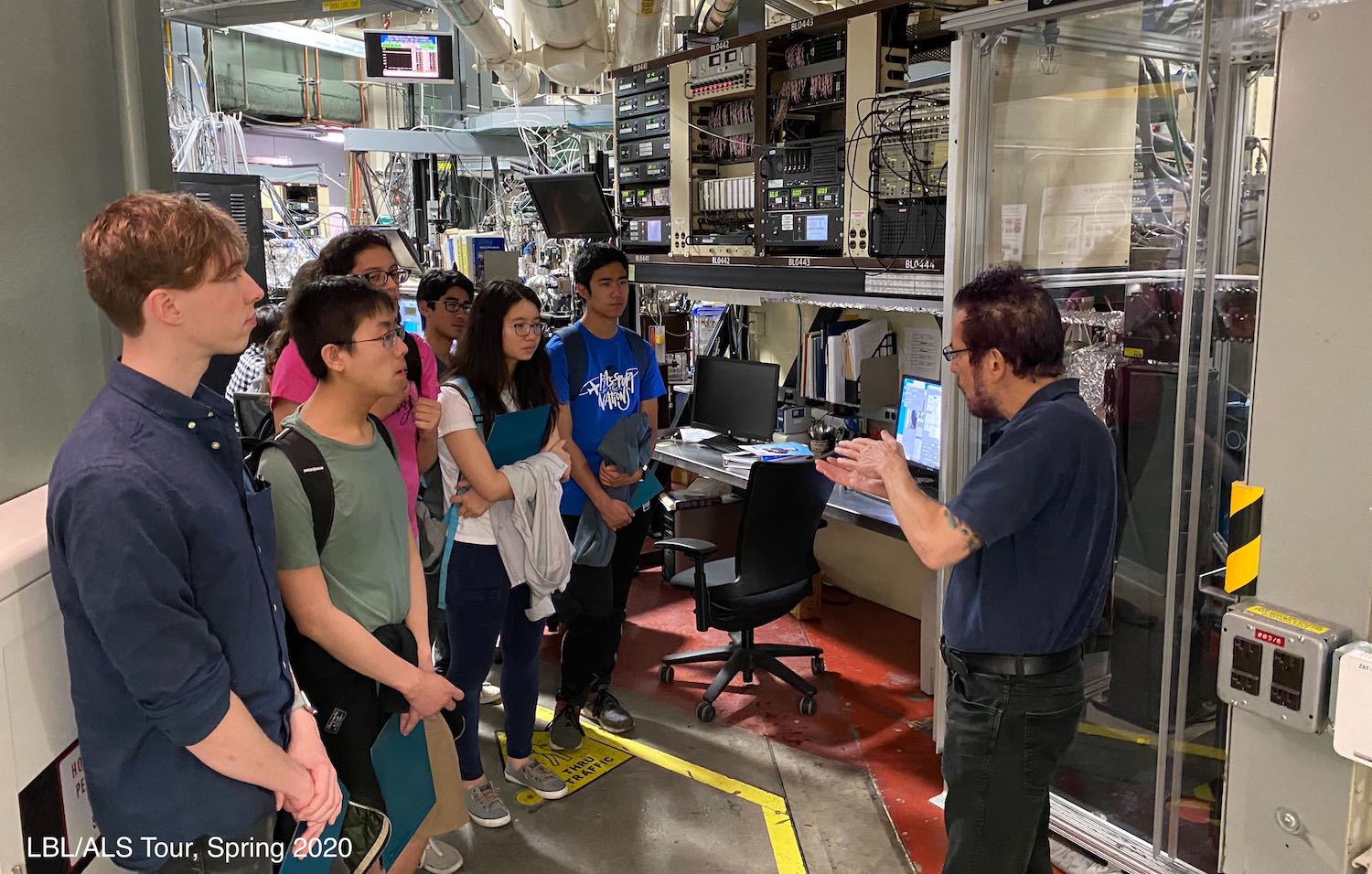
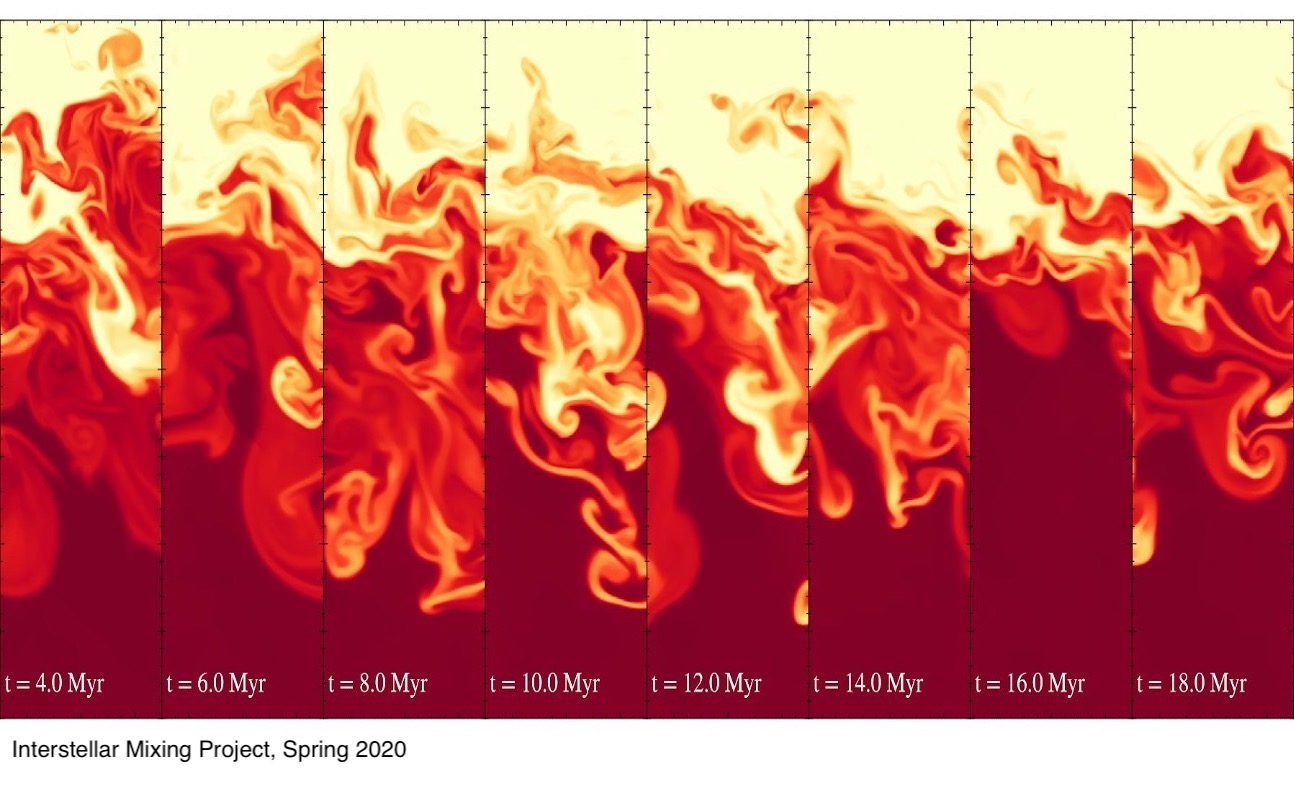
About Us
The Undergraduate Lab at Berkeley, Physics & Astronomy Division is a DeCal that aims to make the transition into undergraduate research as seamless as possible. We believe that research should be accessible to all undergrads within the Physics and Astronomy Departments despite significant barriers to entry for students traditionally underrepresented in academia or without a strong research background.
Under the guidance of experienced undergraduate mentors and graduate/postdoc advisors, groups of mentees complete a year long research project on a topic of their interest. During this process, our staff will help mentees are able to make sense of the current literature, isolate a feasible project, and execute projects on a reasonable timescale. In addition, mentors serve as role-models to help demystify the research process.
Our program, extends beyond project work. Students attend weekly workshops on essential research skills such as programming, statistics, etc. At the end of our program, students will have gained basic research skills often desired by research labs and will have demonstrated these skills in the process of completing a project of their own from start-to-finish.
Contact us at physics@ulab.berkeley.edu with any questions or concerns!
ULAB Physics & Astronomy CODE OF CONDUCT
-
Our Staff
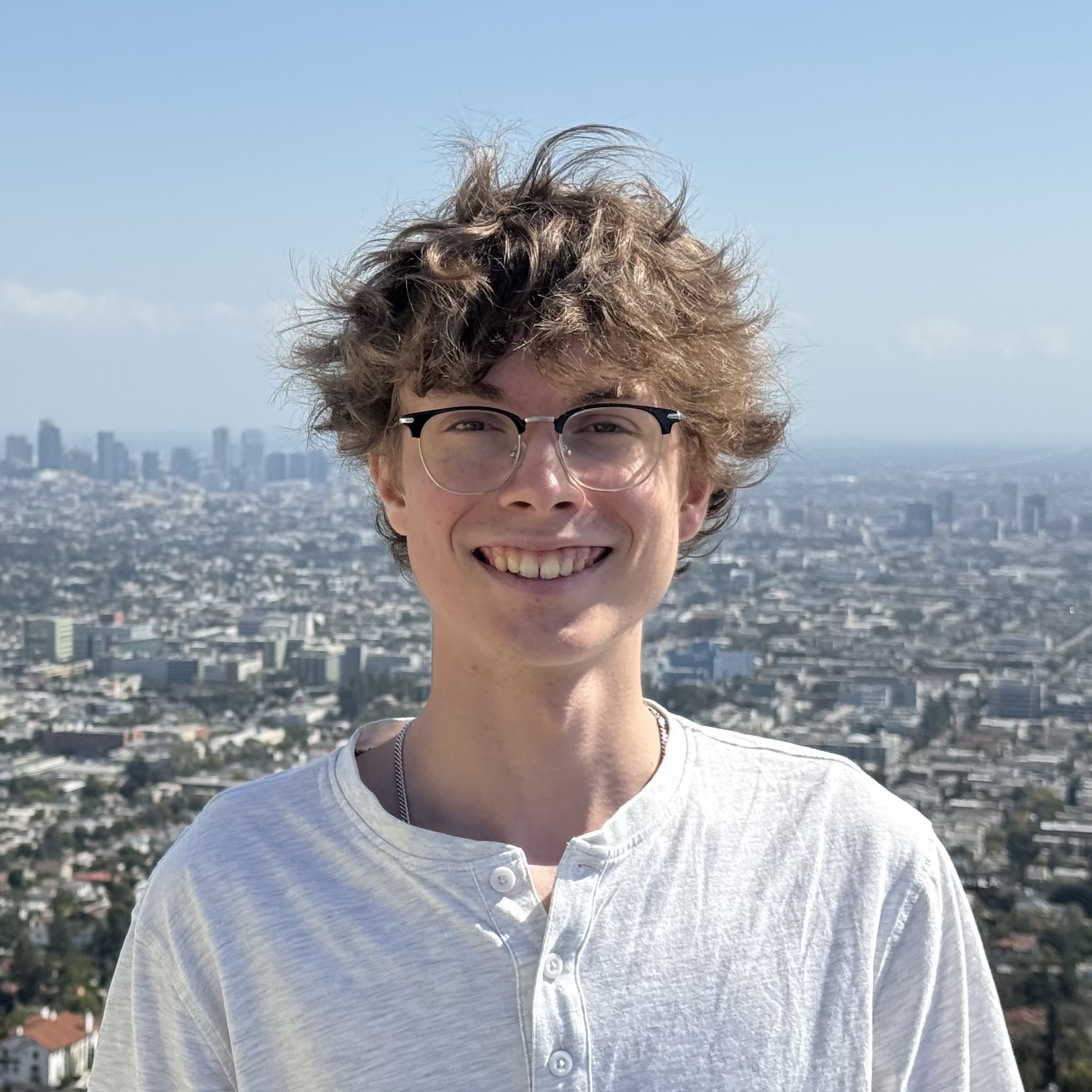 ×
×
Andrew McHaty
Research Director - Research andrew.mchaty@berkeley.edu
Andrew McHaty
Research Director - Research andrew.mchaty@berkeley.edu
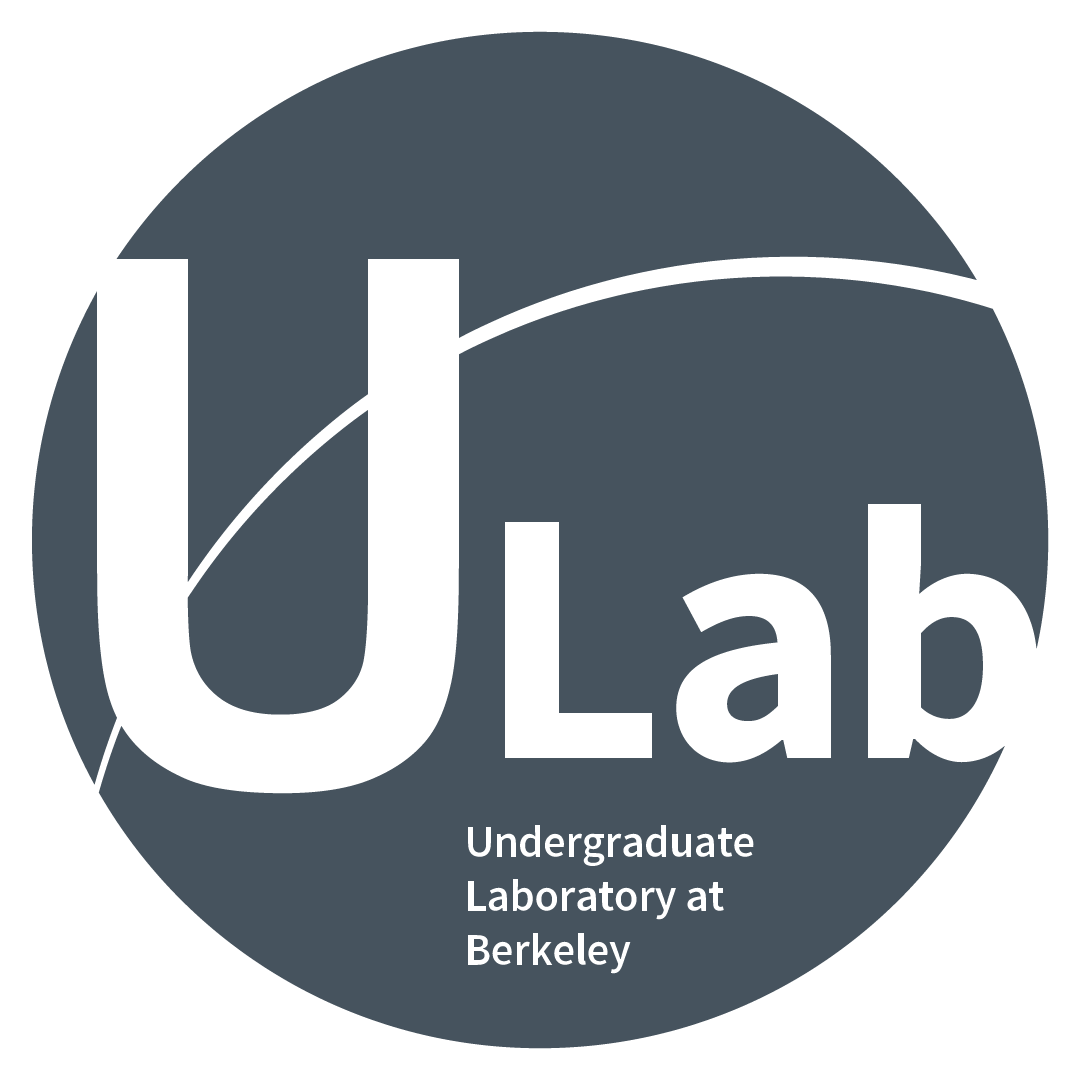 ×
×
Yaamini Jois
Research Director - PIL yjois@berkeley.edu
Yaamini Jois
Research Director - PIL yjois@berkeley.edu
 ×
×
Brianna Peck
Curriculum Chair bpeck114@berkeley.edu
Brianna Peck
Curriculum Chair bpeck114@berkeley.edu
 ×
×
Caitlin Begbie
Curriculum Lecturer caitlinbegbie@berkeley.edu
Caitlin Begbie
Curriculum Lecturer caitlinbegbie@berkeley.edu
 ×
×
Michelle Duan
Lab Manager
Michelle Duan
Lab Manager
 ×
×
Andrew Wang
Social Chair
Andrew Wang
Social Chair
 ×
×
Sophia Bucker
Lab Manager sbbucker@berkeley.edu
Sophia Bucker
Lab Manager sbbucker@berkeley.edu
 ×
×
Olivia Wagner
Lab Manager oliviawagner@berkeley.edu
Olivia Wagner
Lab Manager oliviawagner@berkeley.edu
Past Members:
Name Position Now Arjun Savel Director '19, Lab Manager '18 Astro graduate student at UMD Aditya Sengupta Curriculum Chair '21, Mentor '20 Mathematics masters student at Cambridge Yi Zhu Director '21, '22, Lab Manager '20 Quantum Science and Engineering graduate student at Harvard University Padma Venkatraman Curriculum Chair '21 Post-Baccalaureate Fellow at Kavli Institute for Particle Astrophysics and Cosmology Rav Kaur Director '22, '23, Lab Manager '21 Astronomy and Astrophysics PhD student at UC Santa Cruz Anmol Desai Senior Advsior '23, Director '22, Lab Manager '21 Post-Baccalaureate Researcher at Goddard Space Flight Center Dex Bhadra Curriculum Manager '23 - Saahit Mogan Director '23, '24, '25 Astrophysics PhD student at UC Berkeley -
Mentees
Mentee Information
ULAB is a 2-semester DeCal sponsored by Prof. Dan Kasen. We meet Mon/Wed 7-8 PM in-person!
Timeline: Fall semester is dedicated to creating a research proposal. Students are split into groups of 4-6 and assigned a mentor. Together, mentors and groups will explore the required background in their area of interest during weekly group meetings. In the process of learning about the current techniques and experiments in their field, groups will devise a research project they wish to explore.
Mentees return in the spring semester to implement their project! ULAB provides funding, space, and graduate/postdoc advisors to assist mentees during this process. The semester culminates in a poster session open to the physics and astronomy departments!
In addition to weekly groups meetings, ULAB hosts weekly workshops with particular emphasis on Python and other basic research skills. The time commitment is roughly 2-3 hrs of in-person meetings and 2-3 hrs of individual work per week. Please see our syllabus for more detailed information!
QnA
Q: What are the prerequisites for ULAB?
None! Many students are first and seconds years with no prior research or programming experience.
Q: I'm a junior/junior transfer/senior, should I apply?
Definitely! Many upperclassmen have found ULAB helpful in obtaining research experience. However, ULAB may not be the right choice if you already feel prepared to join a lab or have very little time left at Berkeley.
Q: How competitive is the program?
We accept as many students as possible. In the event that space is limited, students that benefit most from our program have priority.
Q: How are project topics choosen?
Available topics are determined by out cohort of mentors and vary year by year. We are able to normally cover the major subfields in physics and astronomy. Mentees have a large say in the mentor/project they work on.
Q: Can I apply to ULAB in addition to other research programs?
Yes. Students that join ULAB, but are subsequently accepted into another program (e.g. URAP) may pursue both concurrently or drop ULAB before the drop deadline late September.
Q: Do ULAB projects yield results?
Wrong question. ULAB is a research training organization. Through conducting their projects, mentees learn about the basic knowledge and skills required to conduct research in their field and leave our program a better candidate, and better prepared for research. (...but to answer the question, most projects do yield interesting results; and even when they don't, mentees are able to explain their work and what they've learned). -
Mentors
Mentor Information
Mentorship can be a very fruitful and rewarding experience for undergraduates with research experience. Mentors' primary job is to meet weekly with their group of 3-5 mentees during the year-long process of conducting an independent research project. Mentors will lead discussions on topics in their field and guide their group through their project.
Mentorship is a unique learning opportunity. Mentors will expereince the process of leading a scientific project, conduct research in a topic of their interest, and interact with fellow undergraduate and graduate researchers. Mentors are generously supported by the N3AS and will recieve $600/semester stipend*.
*Stipends are disbursed as a department award and may affect your financial aid. In order to recieve stipends, mentors must fulfill all responsibilities of the position and remain an enrolled Berkeley student.
QnA
Q: What is the committment?
Mentorship is a 2-semester positions. Mentors meet with their groups 1-2 hrs/week and generally spend an additional 1-3 hours outside of in-person meetings. We require that mentors be available Wednesday 7-8 PM and enroll in 2 research units (Astron. 198).
Q: How much research experience is expected?
Mentors are not expected to be experts, but should be comfortable exploring their field. They must be prepared to help mentees learn about a new topic, and to learn about a new topic/project themselves. At least 1 semester of research in a group is recommended.
Q: How are project topics choosen
While some mentors have a clear project in mind, most mentors begin an idea of topics they would like to work on. They are paired with mentees with similar interests. Mentors and mentees together determine a suitable project. We are able to reasonably fund physical projects, simulations, etc. -
Advisors
Advisor Information
Graduate students and postdocs interested in supporting ULAB's mission are encouraged to become project advisors. Advisors serve to ensure scientific rigor, help determine the practically and scope of a project, and give general guidance on the direction of a project. The advising role is flexible and low-commitment: about 3-5 hours per semester. The format of advising differs by the semester.
Fall semester: during this time, groups research their areas of interest and devise a question they wish to explore. Advisors spend 1-2 hrs meeting with groups to discuss potential projects. Advisors will spend 1-2 hours reviewing project proposals that students have submitted.
Spring semester: groups will have finalized their research project and began conducting their experiments. Advisors will check-in periodically with an individual group every 3-4 weeks.
Opportunities for advisors are available year-round. Please reach out to us at physics@ulab.berkeley.edu
-
Projects
Past Projects
2025-2026
Analyzing Gas Structure of Galaxy-Clusters via Multipole Decomposition
Bending Space, Time, and Light: Microlensing Prediction Curves with PyTorch
Distant Kuiper Belt Object (KBO) Clustering and its Relationship to the Ninth Planet Hypothesis
Listening to the Sun Daily HFR Spectrograms
Observing an Exoplanet
Quantifying EMIC-Plume Interactions as a Dominant Loss Mechanism for Electron Decay Rate in the Radiation Belts
Quantifying Stripping in the Hydrogen Rich Supernova SN 2023axu
Rediscovery of the Higgs Boson with Bayesian Analysis
Sulfur-bearing Molecules in MAPS Protoplanetary Disks
The Birth of CHAD
2024-2025
CORONA: Classification of R Coronae Objects with Neural Network Automation
Increasing Convergence of Three-Channel Scattering Amplitudes
Performance Comparison of new Keck Adaptive Optics System
Re-analysis of OB110462 as a Possible Binary Microlensing Event
Shedding Light on Obscura - Confirming the Existence of an Exoplanet
Simulating Ecosystems with Wild Demographic Fluctuations
Solar Cycle Events and Impacts on Particle Intensity Around the South American Anomaly
The Dynamics of Rogue Planets in Binary Star Systems
Z-Streak Analysis & Discovery of Near Earth Objects
2023-2024
Analyzing Variations Within the Delayed-Choice Quantum Eraser Experiment
Classifications of Unknown Transients Using ParSNIP
Cosmic Flux: Geiger Counter
Discovering an Exoplanet
Investigating the Effect of Pollution on Muon Flux Using a CosmicWatch Modular Detector
Machine Learning for Cosmic Structure Simulations
Magnetic Energy Transfer in Kerr Black Holes
Probing for Bondi-Hoyle-Lyttleton Accretion in Orion Src I
Quantum Magnetometry with NV-Centers
Simulating Supernova 1987A Remnants
2022-2023
Computational Exploration of the BKT Transition in XY-Interaction Systems
Confirming the Existence of Exoplanet Pluvia
Electromagnetic Inverse Design of a Compact Wavelength Demultiplexer
Feasibility of Muon Tomography to Determine the Electronic Structure of a Thundercloud
Identifying the Presence of Biosignatures on Exoplanets and Moons in Our Solar System
Ray Tracing Schwarzschild and Kerr Black Holes
Relationship of H-alpha Velocity and H2 Fraction in Galaxies
Stellar Age Estimation via Machine Learning
VQE Algorithm for Dihydrogen Ground State Energy
2021-2022
Analyzing Anomalous Transport in Interplanetary Shocks Using a Mittag-Leffler Function
Cosmic Ray Predictions With a Homemade Muon Detector
Creating a Pipeline to Generate Radial Velocity Curves from Raw APF Spectral Data
Determining the Verdet Coefficient of Olive Oil with Faraday Rotation
Investigating Habitability in the Kepler-47 Binary System
Numerical Spin Analysis of Relativistic Bondi Accretion in M87*
Observing and Obtaining a Light Curve from a Potential Transiting Exoplanet
Simulating Scattering Processes in TGFs Using Monte Carlo Methods
2020-2021
An Exploration into Experimental Particle Physics
Categorizing Solar Flares with Machine Learning
Characterizing Exoplanet Habitability
Determining Hubble's Constant From Time Delays in Lensed Quasars
Doppler Imaging of a Simulated Star
Measuring Cosmic Distances using Gravitational Waves
Modeling and Mapping Terrestrial Gamma Ray Flashes
2019-2020
Accessible Balloon RAdiometer-Detecting the Cosmic Microwave Background
Analyzing the Turnover Point in the Light Curve of the Neutron Star Binary Merger Event GW170817
Computational Analysis of Mixing Layers in the Interstellar Medium
Investigation on the Potential Origin of 'Oumuamua
Nanoparticle Drug Delivery Methods via DNA Nanotechnology
Period-Luminosity Analysis of Cepheid Variables
Physics of a Tokamak
Relating Electromagnetic Waves to Light
Simulating the Antenna Response of Radio Interferometers
2018-2019
An Analysis on the Distribution of the Hubble Parameter across the Sky
Angular and Altitude Dependence of Cosmic Ray Muons
Calibrating the Flux-Weighted Gravity-Luminosity Relation in Blue Supergiant Stars
Determining Graphene Stacking via Raman Spectroscopy
Estimating the Mass of the Milky Way Galaxy
Exoplanet Detections with Machine Learning
Implementation of Partial Quantum Search
Interplanetary Radiation Harnessing Voltaic System
Monte Carlo Study of the Ising Model
2017-2018
Designing an Electromagnetic Shield to Block Secondary Cosmic Rays
Determining the Habitability of Exoplanets
Measuring the Spin of Rotating Black Holes
Study of Isotropic and Anisotropic Electrical Conductivity
-
Join!
Join Us!
ULAB Physics and Astronomy is a 2-semester DeCal. We meet Mon/Wed 7-8 PM. Mentee/Mentor applications open before the fall semester and close around the second week of the fall semester. Click on the tabs to learn about each position.
Mentees: The mentee application for Fall 2025-Spring 2026 is now open! Apply here.
Mentors: The mentor application for Fall 2025-Spring 2026 is now open! Apply here. Mentors will be supported by a $600/semester stipend. There are a number of additional staff postions: lab manager and lecturer. Interested candidates may apply at the same link.
Graduate Students/Postdocs: Opportunities for graduate students, postdocs, and faculty to get involved are available year-round! Please reach out to us at physics@ulab.berkeley.edu
